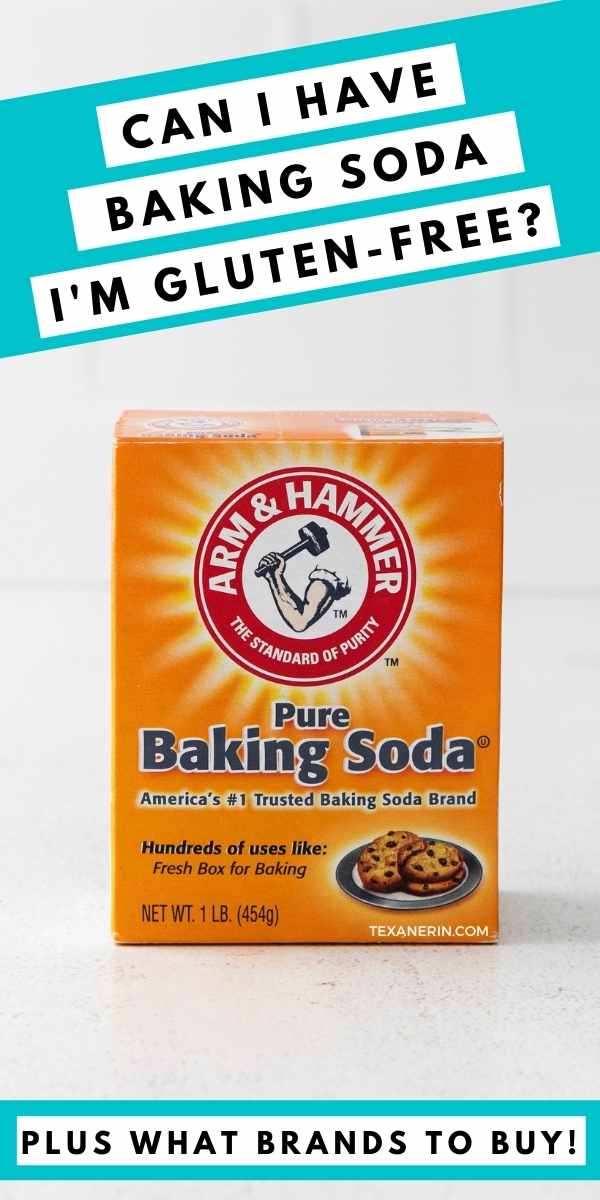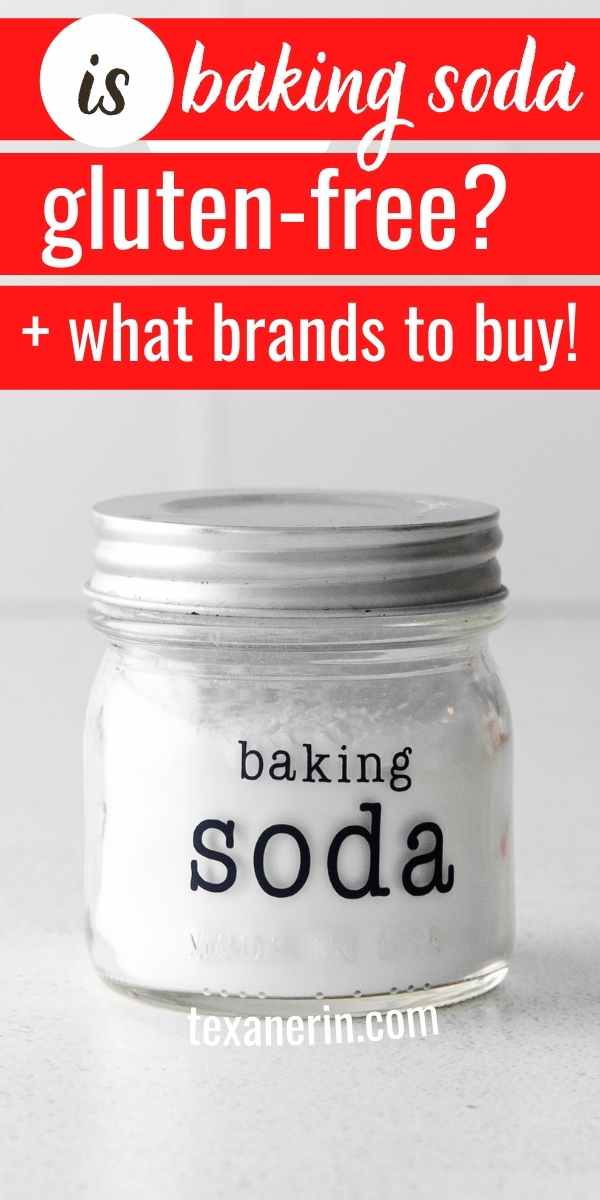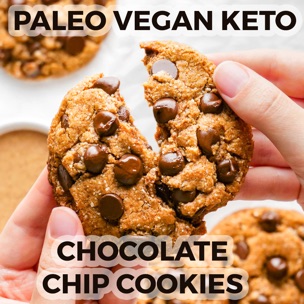Is baking soda gluten-free? Yes, it is! But if you have celiac, you may need to watch out for cross-contamination. Read on for more!
Baking soda is the name that is given to sodium bicarbonate which is a chemical compound. This powdery substance is made up of bicarbonate anions and sodium cations. In the form of baking soda, it has a crystalline structure, yet it will appear as a fine powder, as well.
Here’s an overview of what baking soda is and how it is used. You will also learn if any baking soda brands are gluten-free, and if so, where you can obtain them.
The only ingredient in baking soda should be baking soda, and that is naturally gluten-free. The only issue could be cross-contamination.
Cross-contamination
For products to be labeled as gluten-free in the USA, they must first meet the requirements put forth by the FDA of being less than 20ppm gluten. When products contain less than 20ppm gluten, they may then be labeled as such.
So why don’t all baking soda brands just test their products so they can be labeled gluten-free? It probably comes down to cross-contamination.
Although baking soda naturally doesn’t contain any gluten ingredients, it can be manufactured and/or packed in a facility that produces gluten products. Or it could even be processed using the same equipment as gluten products.
The equipment may or may not be cleaned when they switch between products. And if they don’t clean it, then that could lead to cross-contamination.
Some manufacturers are extremely careful when switching from gluten products to gluten-free products, but a lot aren’t.
Food processing equipment is notoriously difficult to properly clean unless the manufacturer dismantles absolutely everything. Everything! I think it’s safe to assume that most companies don’t do that.
If you’re highly sensitive to gluten, you’ll definitely want to check labels carefully before buying anything with a label. And that includes baking soda.
Check the packaging
In the US and many other countries around the world, common allergens used in food products must be labeled clearly on product packaging. So if a gluten product is being used, it should say so right on the label.
Most of them will list “may contain wheat”, “processed on machinery that has processed wheat”, or “contains wheat” on them to help you identify the ingredients without having to wade through a long ingredient list (although for baking soda, it should just have the one ingredient!).
If you’re highly sensitive to gluten and worried about cross-contamination, it’s always better to find some baking soda that’s labeled gluten-free.

Gluten-free baking soda brands
These products are all labeled as gluten-free and easy to get on Amazon. They’re also organic and non-GMO.
In the UK, there’s Doves Farm, Whole Food Earth, and Freee Gluten-Free Bicarbonate of Soda.
In Australia, there’s NextJen Bicarb Soda Gluten-Free and Bob’s Red Mill.
Be sure to check the label on any baking soda to make sure that it is gluten-free before you make your purchase.
How Is Baking Soda Used?
The primary purpose of using either baking powder or baking soda in recipes is to neutralize acidic compounds. When the acids are neutralized, carbon dioxide is the byproduct.
There are abundant amounts of acids in products like yogurt, lemon juice, brown sugar and also buttermilk. The end result is that the batter is going to rise, which is why you use this when baking cakes, cookies and other treats.
I doubt that you need inspiration on what to do with your gluten-free baking soda, but if you do, here are some of my favorite gluten-free recipes.
- Gluten-free Soda Bread
- Gluten-free Cornbread
- Gluten-free Peanut Butter Cookies
- Gluten-free Lemon Cookies
- Gluten-free Banana Bread

The Difference Between Baking Soda And Baking Powder
Whether you are purchasing baking soda or baking powder at your local store, these are referred to as food-grade products. As mentioned before, baking soda is sodium bicarbonate.
However, baking powder is also used in cooking and has a slight amount of acid. Only a small amount of liquid needs to be combined with baking powder for it to become activated.
The primary difference is that the concentration of sodium bicarbonate in baking soda is three times stronger, which is beneficial as you will not need as much baking soda when following recipes.
I hope I’ve answered your question on whether baking soda is gluten-free or not! If you have any other questions, feel free to leave them below and I’ll be happy to answer. :)


